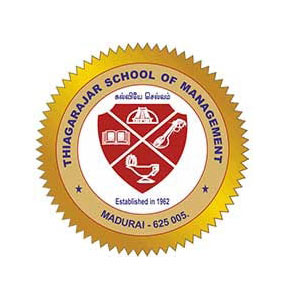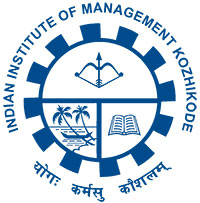The Department of Civil Engineering was one of the three branches started when B. M. S. College of Engineering was established in 1946. In the past seven decades, the department has seen a lot of progress in academics, research and consultancy. In the year 2008, the UG program was accorded academic autonomy status by VTU which enabled us to have our own curriculum to enhance knowledge, skills and attitudes in students. The department boasts of three PG courses namely Construction Technology, Environmental Engineering and Transportation Engineering and Management. In addition, the department is recognized as a research center by VTU and as a QIP center by MHRD, which has changed the status of the department from primarily UG department to the research-based learning center. So far about 36 candidates have acquired a Ph.D. from our research center and 62 research scholars are pursuing Ph.D. and MSc (Engg.). All this was achievable due to dedicated teaching and non-teaching faculty and the support from the generous management. We have 41 faculty members both from UG & PG, of which 29 have acquired the highest qualification in the form of Ph.D. Our infrastructure has been state-of-the-art for which we thank several funding agencies apart from the World Bank funded TEQIP and the ever encouraging management. Quality of students and their achievements in curricular and co-curricular activities have branded our department as a leading center of learning, not only in India but also abroad. In the year 2014, the National Board of Accreditation, India has given us Six years of accreditation under Tier-I (Washington Accord) recognizing our academic accomplishments.
Programme Educational Objectives (PEOs)
|
PEO1 |
Practice Civil Engineering in construction Industry, public sector, undertaking and as an entrepreneur for successful professional career. |
|
PEO2 |
Pursue higher education for professional development. |
|
PEO3 |
Exhibit leadership qualities with demonstrable attributes in lifelong learning to contribute to the societal needs with a focus on sustainability. |
Programme Specific Objectives (PSOs)
|
PSO1 |
Analyze and design civil engineering systems. |
|
PSO2 |
Become environmentally and socially responsible citizens with awareness of the use of sustainable materials and technologies so as to provide alternate engineered solutions. |
Programme Outcomes (POs)
|
PO1 |
Engineering knowledge: Apply the knowledge of mathematics, science, engineering fundamentals, and an engineering specialization to the solution of complex engineering problems. |
|
PO2 |
Problem analysis: Identify, formulate, review research literature, and analyze complex engineering problems reaching substantiated conclusions using first principles of mathematics, natural sciences, and engineering sciences. |
|
PO3 |
Design/development of solutions: Design solutions for complex engineering problems and design system components or processes that meet the specified needs with appropriate consideration for the public health and safety, and the cultural, societal, and environmental considerations. |
|
PO4 |
Conduct investigations of complex problems: Use research-based knowledge and research methods including design of experiments, analysis and interpretation of data, and synthesis of the information to provide valid conclusions. |
|
PO5 |
Modern tool usage: Create, select, and apply appropriate techniques, resources, and modern engineering and IT tools including prediction and modeling to complex engineering activities with an understanding of the limitations. |
|
PO6 |
The engineer and society: Apply reasoning informed by the contextual knowledge to assess societal, health, safety, legal and cultural issues and the consequent responsibilities relevant to the professional engineering practice. |
|
PO7 |
Environment and sustainability: Understand the impact of the professional engineering solutions in societal and environmental contexts, and demonstrate the knowledge of, and need for sustainable development. |
|
PO8 |
Ethics: Apply ethical principles and commit to professional ethics and responsibilities and norms of the engineering practice. |
|
PO9 |
Individual and team work: Function effectively as an individual, and as a member or leader in diverse teams, and in multidisciplinary settings. |
|
PO10 |
Communication: Communicate effectively on complex engineering activities with the engineering community and with society at large, such as, being able to comprehend and write effective reports and design documentation, make effective presentations, and give and receive clear instructions. |






